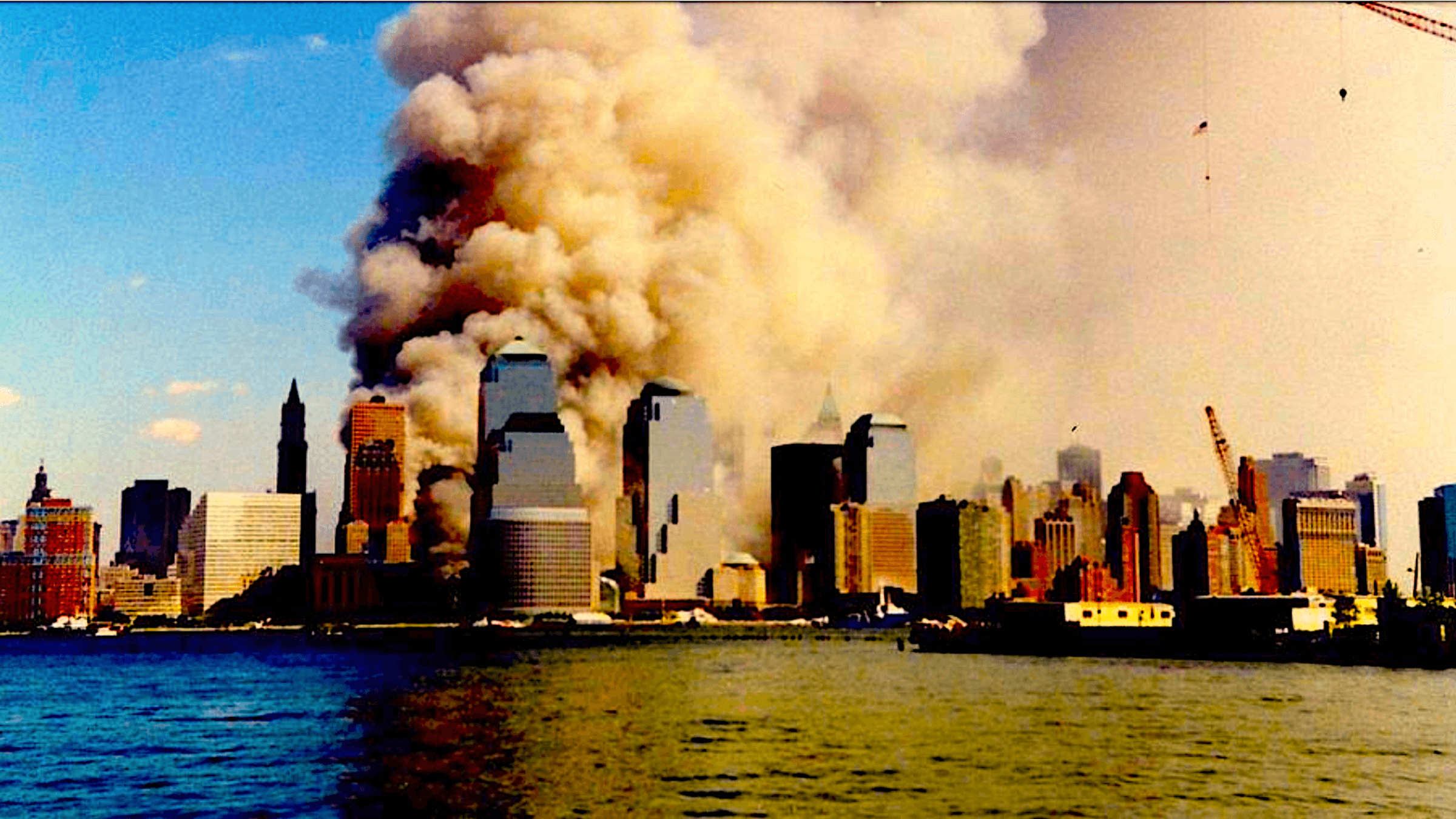Why songwriter Josh Waletzky called his elegy for 9/11 ‘One World’
One World Trade Center — the taller of the two towers that were obliterated — had special meaning for Waletzky

Photo by Getty Images
“You don’t perform theatre in a cemetery.” The Brooklyn-based songwriter Josh Waletzky recently quoted these famous words from the Vilna Ghetto, which several inmates had printed and posted around the ghetto as a way of criticizing the staging of plays during the Holocaust.
Yet, theatre continued to be performed in the Vilna Ghetto.
And Waletzky, likewise, did not hesitate to write a song in the days immediately following the attacks of September 11th — a song that reflects the grief, the fear, and the uncertainty of that gloomy period whose 20-year anniversary will be commemorated this month.
Waletzky remembers clearly how he learned about the first explosion in the Twin Towers. He had been on the phone with a professional piano-tuner, arranging a time for him to come work on Waletzky’s home piano, when the tuner suddenly asked him: “Are you seeing what’s on TV?”
“No,” Waletzky responded.
“Let’s stop talking then. Go take a look.”
Not long afterwards, Waltezky, together with the singer and guitarist Jeff Warschauer, and other friends from the klezmer circles of New York, organized a benefit to support the families of the victims. At this event, which took place on September 30th, 2001 — less than three weeks after the attacks — Waletzky debuted the song.
“There was still a strange feeling, in the wake of so many being killed, to now be playing music,” Waletzky said.
He titled his song “One World.” Although the words are never heard in any of its verses, they are weighty with significance. On the one hand, the phrase provides a tragic, ironic commentary on the state of a world that is so beset with hatred and rage that it’s newly severed every day with acts of terror, wars, ethnic violence, discrimination and murder.
On the other hand, “One World” is simply the address of the North Tower — One World Trade Center — the taller of the two towers that were obliterated in the attacks.
The tower also looms large in Waletzky’s personal memories.
It was the site where his father, Sholom Waletzky, had worked, after founding a company headquartered there. The company, too, was called “One World,” inspired by the founders’ dream of a world that would be united in peace through international trade. Their goal was to recycle used shipping containers and build them into houses for Soviet immigrants newly arriving in Israel. Unfortunately, the company was never able to put its plan into action, and Sholom Waletzky died of cancer not long after its founding, in 1975.
According to Sholom’s wishes, his body was cremated. His family chose to scatter the ashes in the Hudson River, right near the towers where he had worked. Memories of that event returned to Waletzky when he was writing the lyric about the “smoke and dust” pervading the air around the World Trade Center. “In the days after the towers fell,” Waletzky recalled, with a catch in his voice, “I realized that thousands of people had been burned. Their remains were now mixing with those of my father.”
Waletzky ends his song with a warning — the word, “soberly” — which he repeats several times, as if in prayer. Today, after 20 years of war in the Middle East, amidst renewed violence in Afghanistan and renewed shouts for revenge, Waletzky’s moving elegy, his dark and deeply-felt prayer, remains as tragically relevant as it was on the day it was written.





















